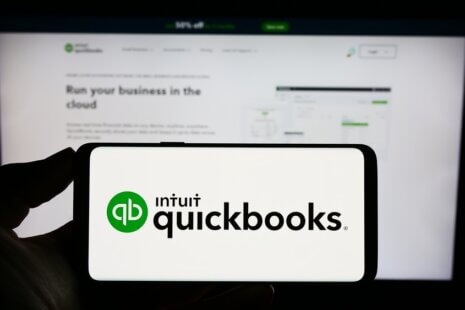The minimum requirements for starting a small business can vary depending on the nature of the business, industry regulations, and local laws.
Things A Small Business Owner Should Know
- Business Idea and Plan – Have a clear idea of the product or service you want to offer and develop a business plan outlining your goals, target market, marketing strategy, and financial projections.
- Legal Structure – Choose a legal structure for your business, such as sole proprietorship, partnership, limited liability company (LLC), or corporation. The choice of structure can impact taxes, liability, and other aspects of your business.
- Business Name and Registration – Choose a unique and memorable name for your business and register it with the appropriate government authorities. This may involve registering a “Doing Business As” (DBA) name or forming a legal entity with the state.
- Business Licenses and Permits – Obtain any necessary business licenses, permits, or registrations required to operate legally in your industry and location. This can vary depending on the type of business and your location.
- Tax Identification Number – Obtain a federal employer identification number (EIN) from the Internal Revenue Service (IRS) if your business has employees or operates as a corporation or partnership.
- Business Bank Account – Open a separate bank account for your business to keep your personal and business finances separate. This is important for tracking income and expenses and simplifying tax reporting.
- Business Insurance – Consider obtaining appropriate insurance coverage for your business to protect against risks such as liability, property damage, or loss of income.
- Accounting and Record-Keeping – Set up systems for tracking income, expenses, and other financial transactions. Good record-keeping is essential for managing your business finances and fulfilling tax obligations.
- Marketing and Promotion – Develop a marketing plan to promote your business and attract customers. This may include building a website, advertising, networking, and using social media.
- Start-Up Costs – Identify and budget for any start-up costs associated with launching your business, such as equipment, inventory, marketing expenses, and initial operating expenses.
While there is no set minimum requirement for starting a small business, careful planning and attention to legal, financial, and operational considerations can help increase your chances of success. It’s also a good idea to seek advice from professionals such as lawyers, accountants, or business advisors to ensure you’re meeting all legal and regulatory requirements and setting your business up for success.




